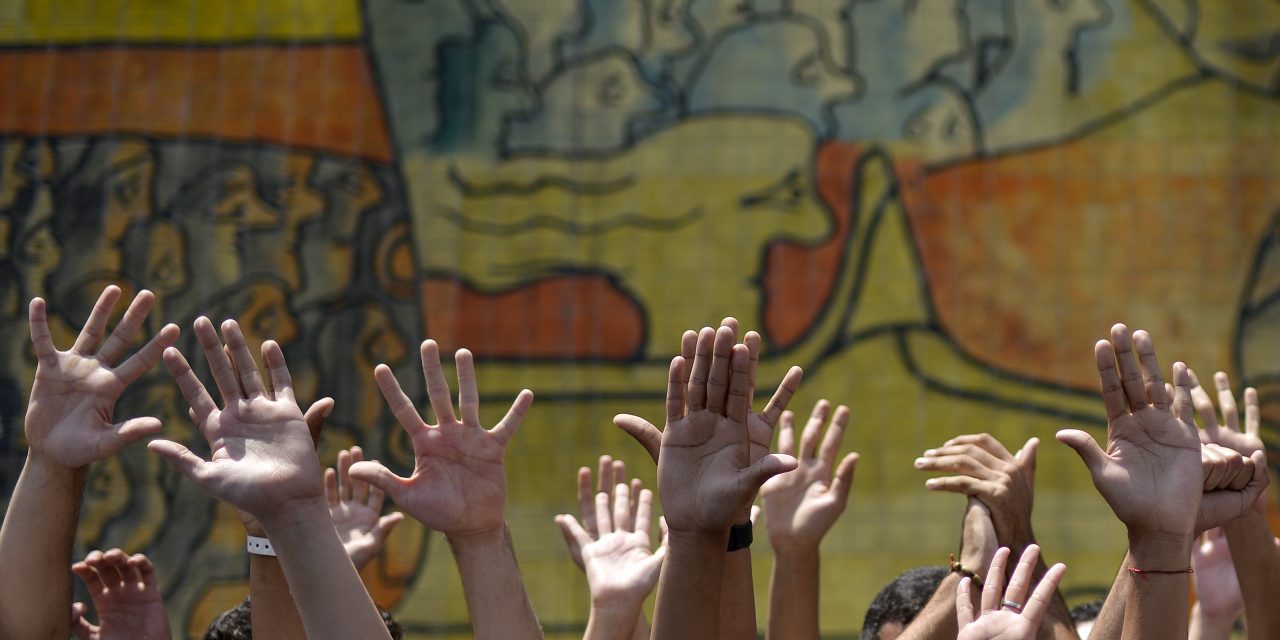On December 20, the Washington Post’s Global Opinions section published my latest op-ed on the Biden administration’s Venezuela policy, with some suggested tweaks moving forward. I should note that this piece was submitted before the recent visit of U.S. diplomat Roger Carstens to Caracas was made public, which suggests there is in fact some movement happening behind the scenes.
This is a welcome development, but is unclear how the Biden administration is going to reshape policy based on the previous administration’s mistakes. In many respects that policy seems to be on auto-pilot. In two weeks the Biden administration will reiterate its recognition of Juan Guaidó as interim president, but there are plenty of questions over how this will advance democracy in Venezuela—or how the White House plans on advancing a political solution. Beyond expressing support for renewed negotiations, the Biden administration has given few indications of how it will move the ball forward.
In my piece I suggest two ways Biden could ensure Venezuela’s crisis doesn’t fall off the priority list. The first is naming a new Special Representative or other high level State Department official in Washington who can coordinate across agencies and work with all relevant stakeholders. In theory, having a designated coordinator of the policy could streamline the process and help ensure a more rapid response to changing dynamics on the ground. This is something we advocated in our November WOLA policy memo on Venezuela’s humanitarian emergency.
The second recommendation I make in the Post is that the administration should work with partners and counterparts to spell out what a road map to a democratic transition could look like, and how gradual relief from international pressure could be paired with concessions from the Maduro government. As I write:
“The White House has rightly called for the release of political prisoners, strengthening the democratic process and an end to human rights abuses. But it needs to present the regime with a clear road map, a step-by-step process of specific democratic advances matched by offers of phased sanctions relief or other guarantees that Maduro and those around him might seek. U.S. diplomats presented just such a private road map to their Iranian counterparts in April and should consider the same in Venezuela. Of course, such a road map should be carefully coordinated with Venezuelan and international allies, and the White House should ensure it is not imposing its own agenda on a Venezuelan-led process.”
The idea of a blueprint for successful Venezuela negotiations is something that our colleagues at the U.S. Institute of Peace (USIP) have been thinking about in great detail. In our July WOLA-USIP report on the lessons learned from the 2019 Oslo-Barbados talks, we called for the creation of a “road map for re-institutionalization,” and noted a possibility for a long term roadmap based on a political accord for rebuilding institutions and trust, with incentives such as gradual sanctions relief attached to each milestone.
However, none of this is going to happen if the Biden administration fails to prioritize Venezuela’s crisis. This is going to require a White House that is willing to exert significant political capital and take risks in a midterm election year. The coming weeks will tell whether this is possible, or if Washington prefers to keep Venezuela on the back burner.



